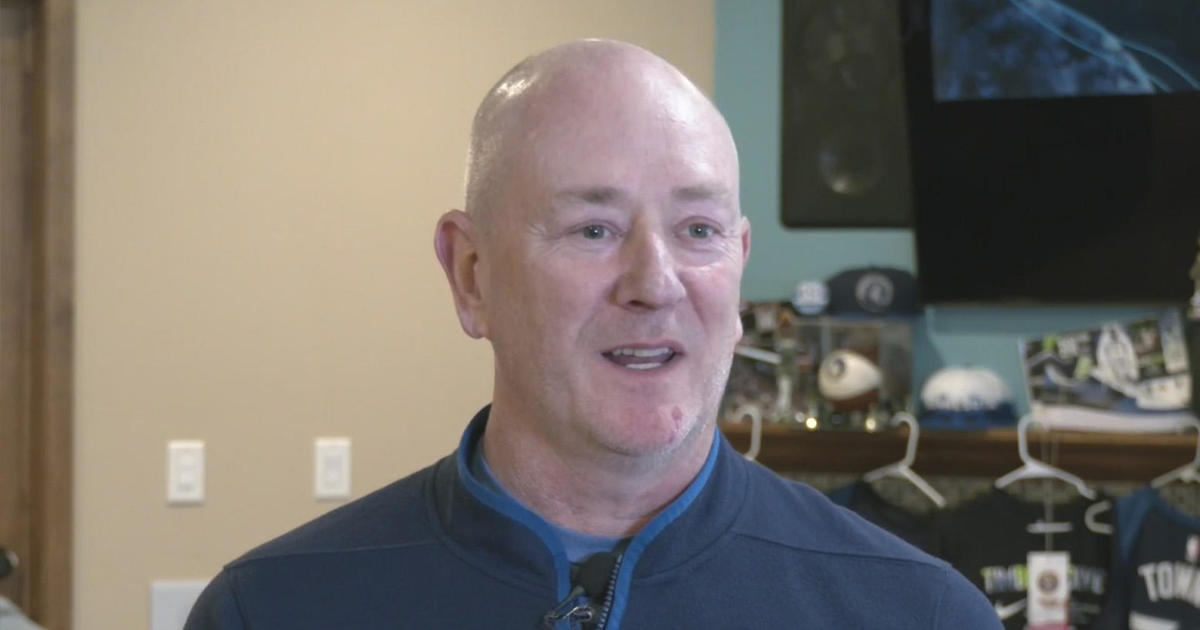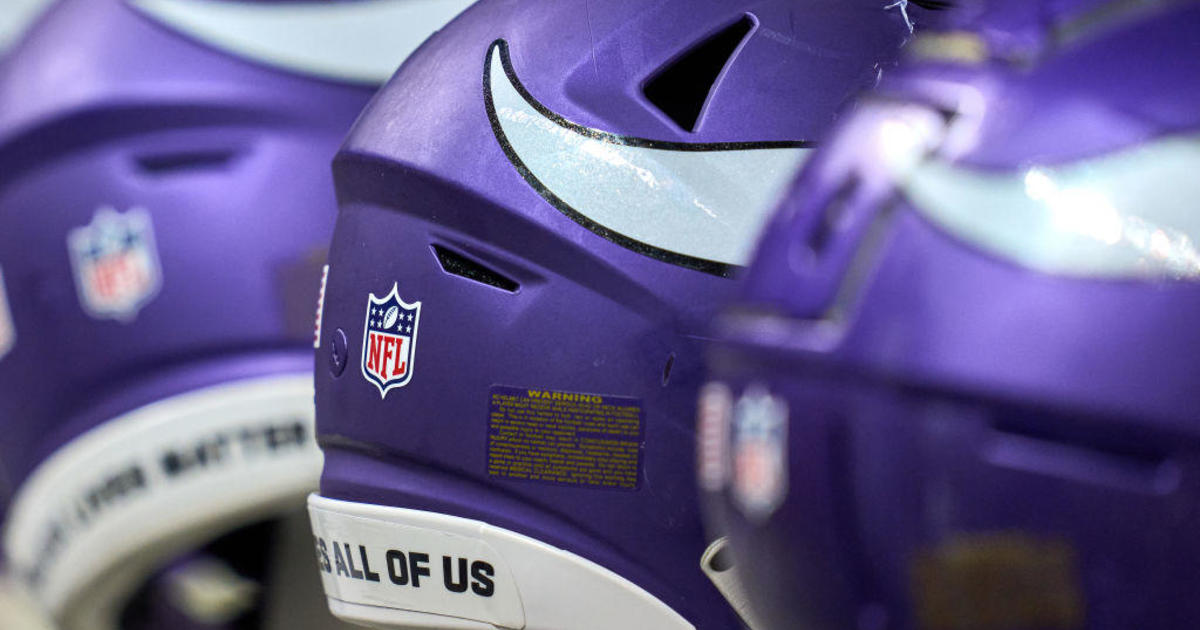After Decade Slump, Horse Breeding & Racing On The Rise
MINNEAPOLIS (WCCO) -- It's a big night for racing in the Twin Cities, as the horses at Canterbury park are ready for the start of the racing season.
It's not just the jockeys and trainers who have something to be excited about.
After decades of slumping, things are looking up for Minnesota horse breeders.
Bleu Valley Farm near Stillwater has been bustling, as they breed racehorses, and it's foaling season.
"We've had 23 babies, and yeah, a lot of sleepless nights," Deb Hilger said.
The sleepless nights are nothing new for Hilger. But at least now, they're not for a bad reason.
"When my husband came home and said, 'Yeah, we're probably going to have to sell,' that's when we were giving up hope," she said. "That's how close it came. We were done."
For years, thoroughbred breeding in Minnesota was in sharp decline. In 2005, 344 foals were born, but last year it was just 96.
"It was kind of hard holding on," she said. "The purses at Canterbury were getting so low, and the competition was so steep in the surrounding states. All those states had racinos, and so the industry kind of was leaving our state."
Now, the industry is booming.
According to preliminary numbers provided to WCCO by the Minnesota Racing Commission, after just 96 last year, 167 thoroughbred foals have been born in Minnesota this year, with more still on the way.
It's the first increase in nearly a decade.
The increase comes from the tribe that runs Mystic Lake Casino, which will pump $75 million into purses at Canterbury in the next 10 years in exchange for no longer pursuing a racino.
It's a lot of new money to make, especially if you breed in Minnesota.
"Say it's a $20,000 race, but if you're a Minnesota-bred, and you win that race, you get an additional $6,000," Hilger said. "So there's an incentive for Minnesota people to invest in a mare and foal the baby right here in their own state. All the money then stays in our state."
But horseracing and politics go together like bit and bridle. And since Canterbury only runs thoroughbreds and quarter horses, standard breds at Running Aces were left out of the deal.
"We would, of course, like to have a racino up at Running Aces, because that would ensure higher purses and so forth," M VP of harness racing Vern Devine said. "But the purses that we have, we can live with."
Now, instead of a dying industry, thoroughbred racing has new life.



